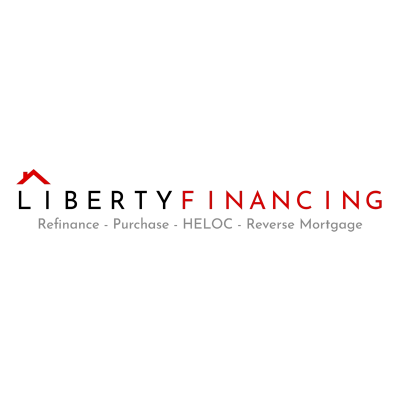The Most Important Document to Provide During Your Mortgage Application
Navigating the mortgage application maze can be daunting, but the right documentation can pave the way to approval. This article distills expert insights on the pivotal role of income verification and credit reports in securing a home loan. Learn from industry specialists about how to present a solid financial profile to lenders, increasing the likelihood of a favorable outcome.
- Proof of Income: Key to Mortgage Approval
- Credit Report Shapes Loan Options
- Income Verification: Cornerstone of Mortgage Applications
- Accurate Income Documents Streamline Mortgage Process
- Stable Income History Boosts Lender Confidence
Proof of Income: Key to Mortgage Approval
One of the most important documents you'll need during the mortgage application process is proof of income! Lenders want to see that you have a steady and reliable source of income to make your monthly payments. This typically means providing recent pay stubs, W-2s, or tax returns. If you're self-employed, you may also need to show bank statements or a profit and loss statement to verify your earnings.
It's always a good idea to have these documents ready before applying to avoid delays. If your income varies or there are gaps in your employment history, be prepared to provide a simple explanation. Having everything in order from the start can make the process smoother and help move your application faster!

Credit Report Shapes Loan Options
One of the most important documents in the mortgage application process is the proof of income, typically provided through recent pay stubs, W-2 forms, or tax returns. Lenders use this document to verify a borrower's ability to repay the loan by assessing their consistent income and employment history. Borrowers should ensure that their income documentation is accurate and up to date, as any discrepancies could delay approval or result in a lower loan amount. Self-employed individuals may need to provide additional proof, such as profit and loss statements or bank statements, to demonstrate steady earnings. Keeping these records organized and readily available can streamline the mortgage process and improve the chances of a smooth approval.
Income Verification: Cornerstone of Mortgage Applications
The most important document in the mortgage application process is the credit report. It's critical because if a borrower has a low credit score or excessive debt, these issues need to be addressed before proceeding with the loan. Generally, the higher the credit score, the better the loan terms. Even if a borrower has an excellent credit score but limited income, a strong credit report opens up alternative options, such as no-income or equity-utilization loans, which can be tailored to their situation. Borrowers should understand that this document essentially shapes the entire loan process and their available choices.

Accurate Income Documents Streamline Mortgage Process
One of the most important documents needed during the mortgage application process is your proof of income, typically provided through W-2 forms, tax returns, and recent pay stubs (or profit and loss statements for self-employed borrowers). Lenders use this to verify your ability to repay the loan by assessing your stable income, employment history, and debt-to-income (DTI) ratio.
Borrowers should ensure these documents are accurate, up to date, and consistent with the information on their application. Any discrepancies, such as large income fluctuations or missing tax returns, can delay approval or impact loan terms. Self-employed applicants should be prepared to provide two years of tax returns and bank statements to demonstrate financial stability. To avoid last-minute issues, it's best to gather all necessary financial documents in advance and maintain steady income and employment throughout the mortgage process.

Stable Income History Boosts Lender Confidence
One of the most important documents I had to provide during the mortgage application process was proof of income, typically in the form of recent pay stubs, W-2s, or tax returns if self-employed. This document shows the lender that you have a stable income and can afford the monthly payments.
Borrowers should know that accuracy and consistency are critical. If your income varies or includes bonuses, commissions, or freelance work, be prepared to provide extra documentation or explanations. Lenders want to see a reliable income history, usually over two years, to feel confident in approving your loan.
Having this documentation organized ahead of time can speed up the process and reduce stress. It's not just paperwork--it's what gives lenders the confidence to say yes.



